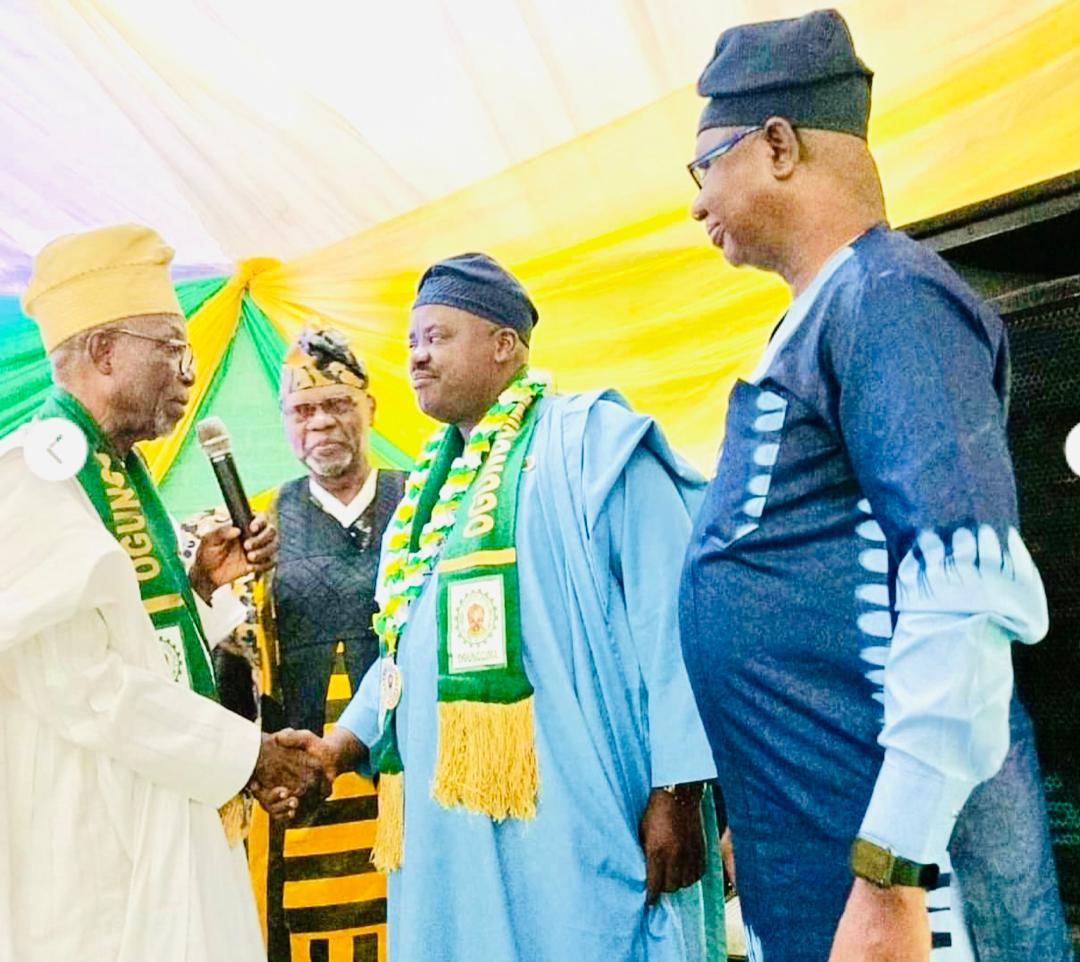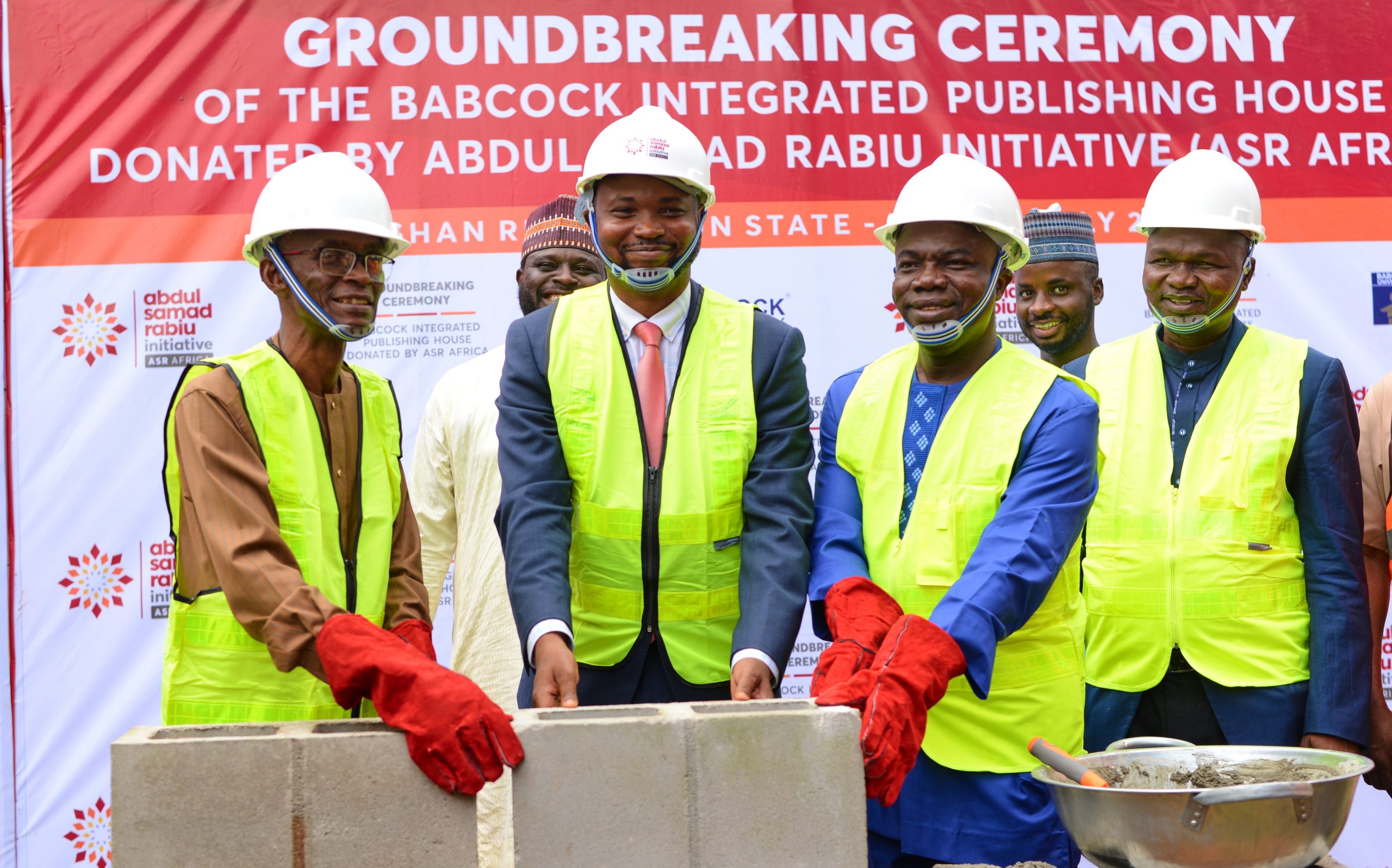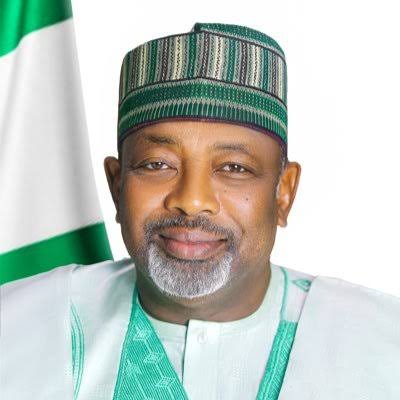*Abba Yusuf and His Misadventure in Kano*
By Aliyu Maina
Oh, our majestic Kano! A land renowned for its rich history, resilient hustle, and unwavering hope. Alas, a dark and foreboding shadow has descended upon our beloved city, casting a pall of despair over its inhabitants. This ominous shadow is the result of a man’s broken promises and misguided leadership, a man who pledged to usher in an era of prosperity but instead unleashed unmitigated chaos upon us.
This individual, Abba Yusuf, our governor, a stranger in our midst, callously disregards the plight of our city as it burns, his actions a stark betrayal of the trust placed in him. For the sons and daughters of Kano, the past few years have been an interminable ordeal of suffering and shattered dreams, a direct consequence of Abba Yusuf’s governance. Our once-thriving metropolis, teeming with life and commerce, has been reduced to a desolate ghost town, a mere shadow of its former vibrant self.
Abba Yusuf, a man who professed to bring prosperity, has instead inflicted upon us a reign of unrelenting hardship. He dons the guise of a leader, but beneath this façade lies a puppet manipulated by invisible forces, ensnared in a sinister political game of power and control. His actions have brought our city to its knees, leaving its people to suffer the consequences of his misguided leadership.
As a Kano indigene, I am compelled to express my deep disappointment and anguish at the actions of Governor Abba Yusuf, who has utterly failed to prioritize the welfare of the poor masses in our beloved state. His tenure has been marked by a series of misguided decisions that have inflicted immense suffering on the very people he swore to protect.
You see, I have lived in Kano for over 50 years. I’ve seen governors come and go, each with their own vision for our beloved city. But Abba Yusuf? He’s a different breed altogether. He came in with a broom, they said, sweeping away corruption. But instead of sweeping away the dirt, he ended up uprooting the very foundations of our lives.
The first blow came barely a week into his tenure as Governor when he revoked the certificate of occupancy of several properties, claiming they had been acquired illegally from the previous administration. With nary a thought for the countless families who called these properties home, he ordered their demolition. The dust had barely settled when he delivered yet another blow – the suspension of thousands of civil servants employed by his predecessor, Gadunje, on the shaky premise of false recruitment allegations. Which has left countless families without a breadwinner. Thousands of families left jobless overnight. How do you explain that to a man who just put his children through school, hoping for a brighter future, only to see it snatched away by the stroke of a vindictive pen? This callous move has exacerbated poverty and hardship, pushing many to the brink of despair.
The actions of Abba Yusuf have not gone unnoticed. The Federal High Court, first in Abuja and then in Kano, ordered the Kano State Government to pay hefty sums in compensation for the unlawful demolition of properties, further proving the government’s egregious violation of fundamental rights. But has he paid? Not a kobo. Court orders? Pah! Yusuf cared little for the law.
However, these court orders represent a hollow victory for the victims. They are but a small salve on the deep wound inflicted by a ruler who has lost touch with the people he promised to serve. Rather than uplift our city to the heights of prosperity he promised, Abba Yusuf has left Kano in ruins. The rubble of demolished buildings is a stark reminder of the homes and livelihoods that have been lost. People who’d saved for years, invested their life savings – their dreams turned to dust. The man who promised to clean up Kano has become the biggest stain on our city’s reputation. Thousands have been directly and indirectly affected by his actions, their lives upturned without warning or justice. Tears flow in the streets of Kano, a once proud city brought to its knees by a man lost in the labyrinth of political games. The cries of the poor and disenfranchised echo through the city, a haunting reminder of the promise of prosperity that was but a fleeting illusion.
It is a bitter pill to swallow, realizing that the man at the helm of our city’s destiny is far removed from the realities on ground. Instead of using the opportunity God has given him to guide Kano towards a brighter future, Abba Yusuf seems set on a course that only deepens our despair. In the face of this adversity, the spirit of Kano remains unbroken. Instead of using the state’s resources for the good of the people, Abba Yusuf has been busy gallivanting around, using the state’s funds to hunt down political oppositions and past administration leaders.
This, my friends, is not the Kano we know. The Kano we know, is the city that embraced all, and gave opportunities to those who strived. Yusuf has turned it into a place of fear, a place where the powerful prey on the weak. We, the ordinary people, the ones who make Kano tick – we are the ones suffering. Yusuf, blinded by his vendetta, has forgotten his duty. He’s become a puppet in a political play, more interested in settling scores than serving the people. He promised prosperity, but delivered misery. Promised hope, but brought despair.
We are a resilient people, forged in the crucible of hardship but never bowed. We continue to hope for a leader who will truly serve the interests of the masses, a leader who will lead us out of this darkness and into the light of a prosperous future. Until then, we bear witness to the misadventure of Abba Yusuf, a man clearly lost in the intricate web of politics, using his position to punish the very people he swore to serve. In the end, we, the people of Kano, are the true custodians of our city’s destiny. We will rise from these ruins, stronger and more united than ever, holding onto the hope that one day, justice will be served. Until then, we stand firm, refusing to be silenced, our voices echoing through the heart of Kano, a testament to our resilience in the face of adversity.
As a Kano person, I have witnessed firsthand the anguish and despair that Abba Yusuf’s actions have caused. His policies have punished the poor, rewarding only his political allies. We, the people of Kano, won’t stay silent. We will raise our voices, louder than the roar of the bulldozers. We will not let him turn our city into rubble. We will fight for the Kano we know and love, the Kano that gave us a future.
On behalf of the thousands of Kano people who have suffered this hardship, I say, “enough is enough”. We demand justice and an end to this misadventure, lest our beloved Kano be reduced to nothing but rubble and tears. This is our story. The story of a city betrayed. The story of a people yearning for a leader, not a destroyer. The story of Kano, waiting to rise from the ashes.
Maina, an anthropologist wrote this piece from Gidan Kofar, Kano.


 Business6 months ago
Business6 months ago
 Business6 months ago
Business6 months ago
 celebrity radar - gossips6 months ago
celebrity radar - gossips6 months ago
 celebrity radar - gossips6 months ago
celebrity radar - gossips6 months ago












